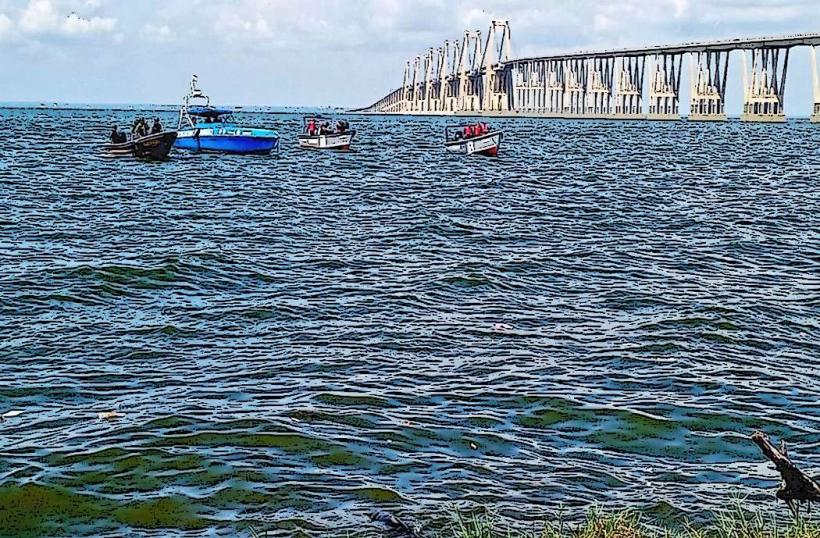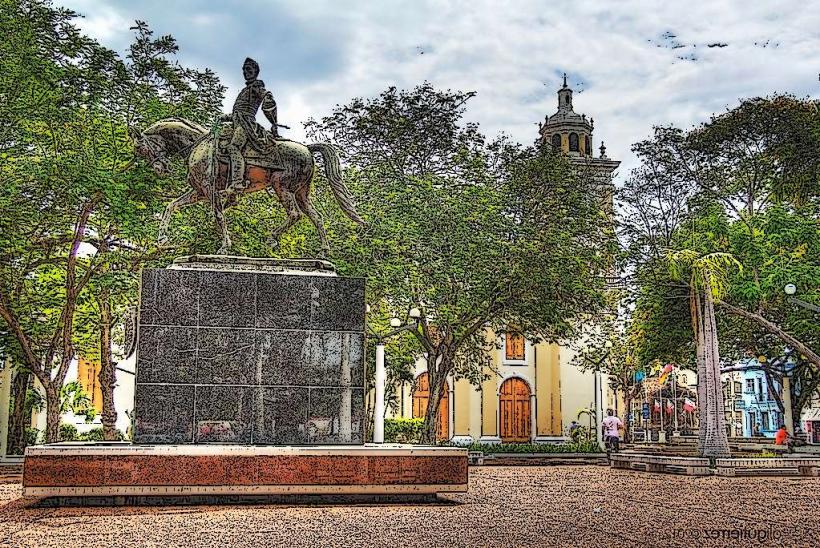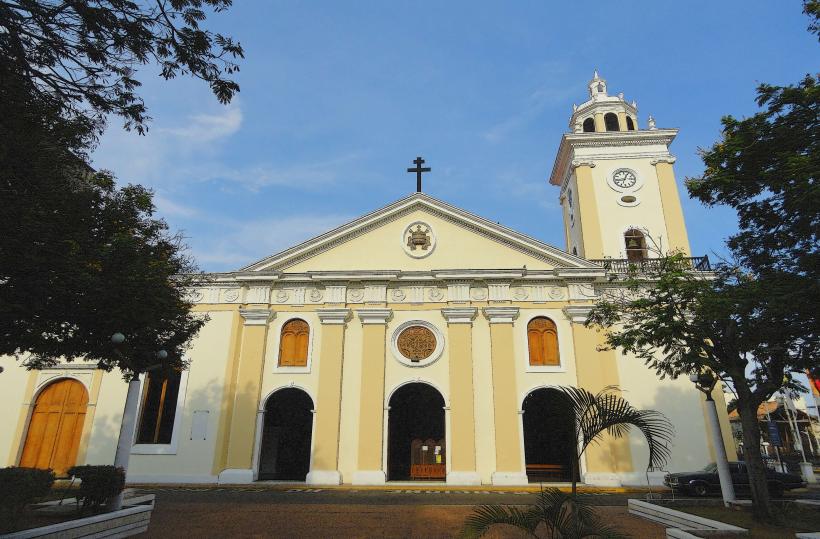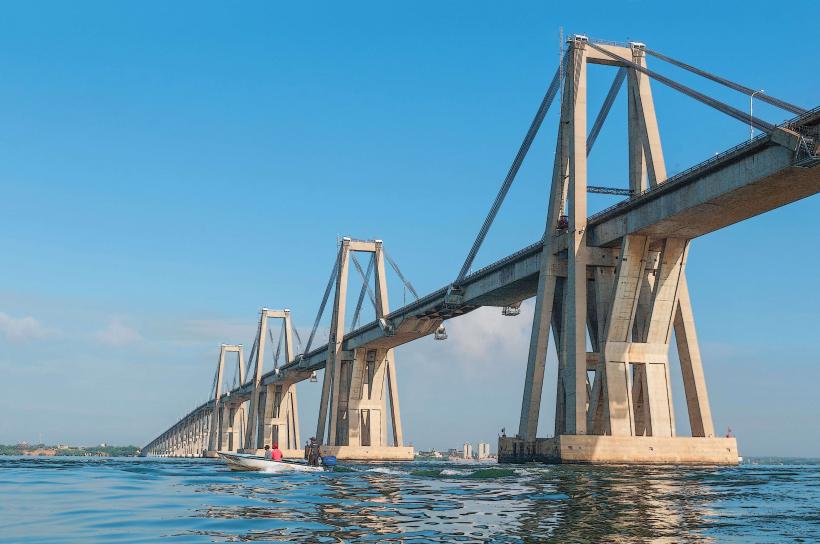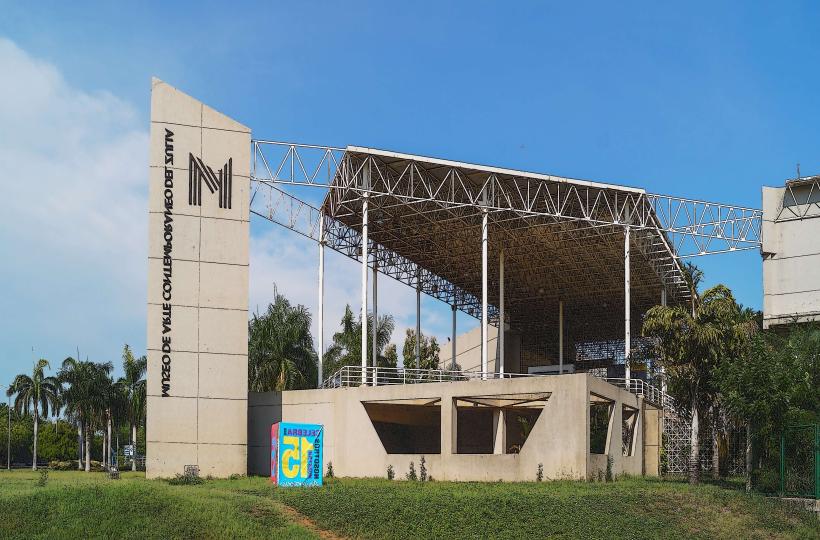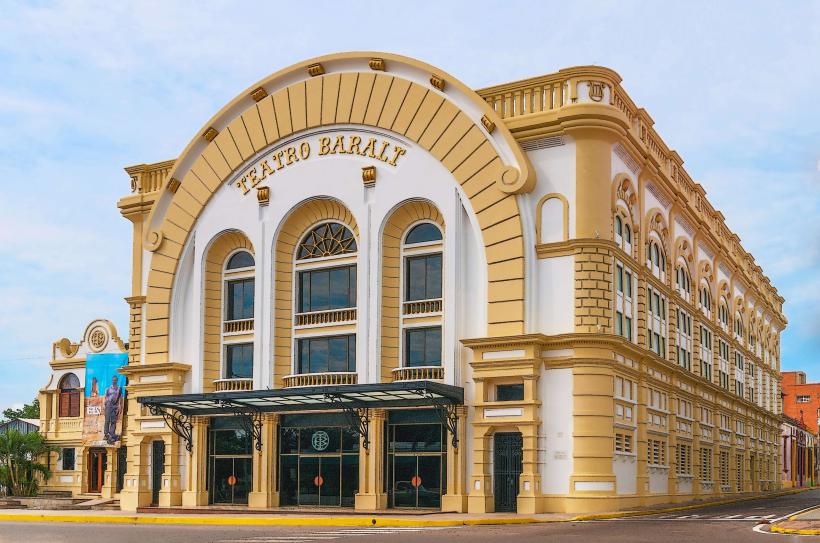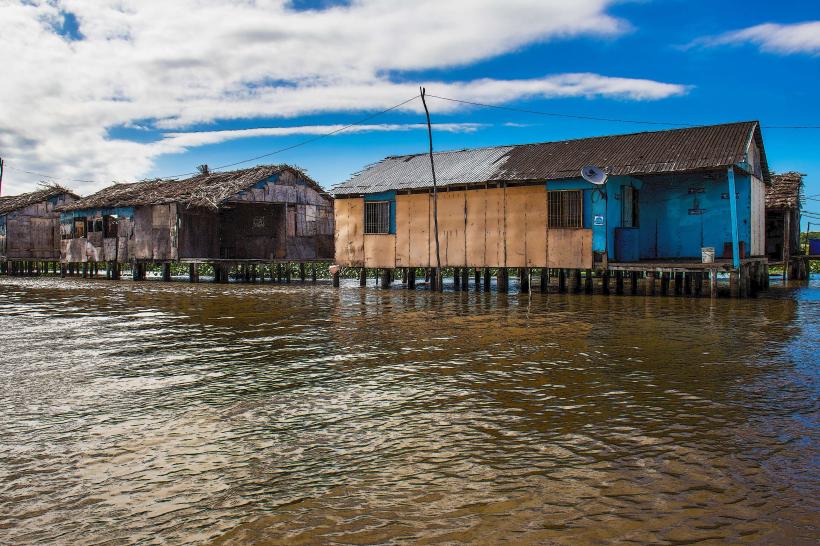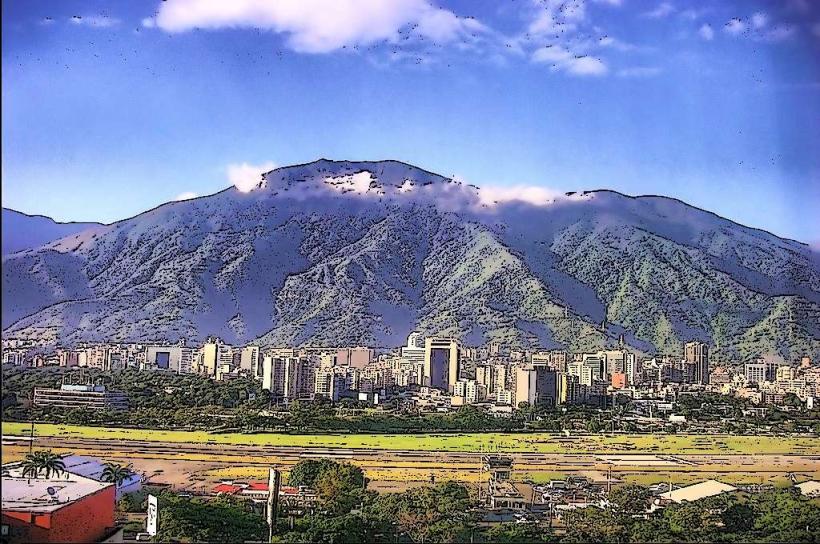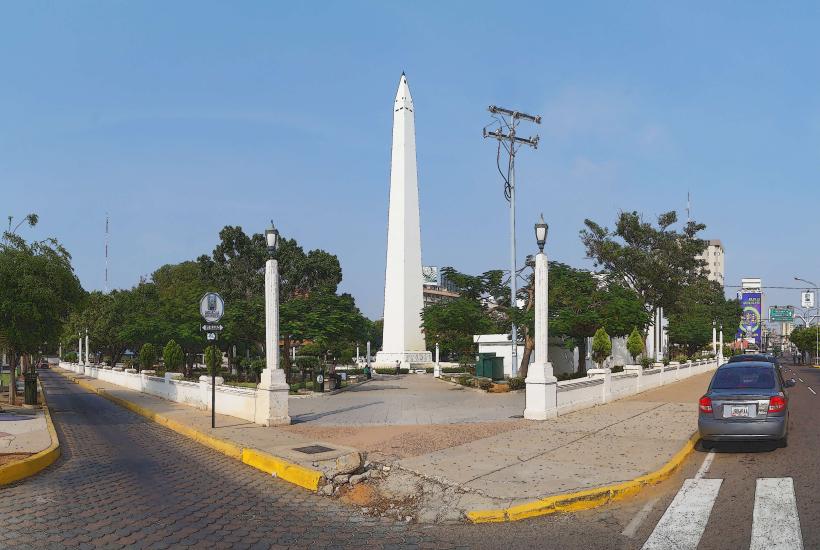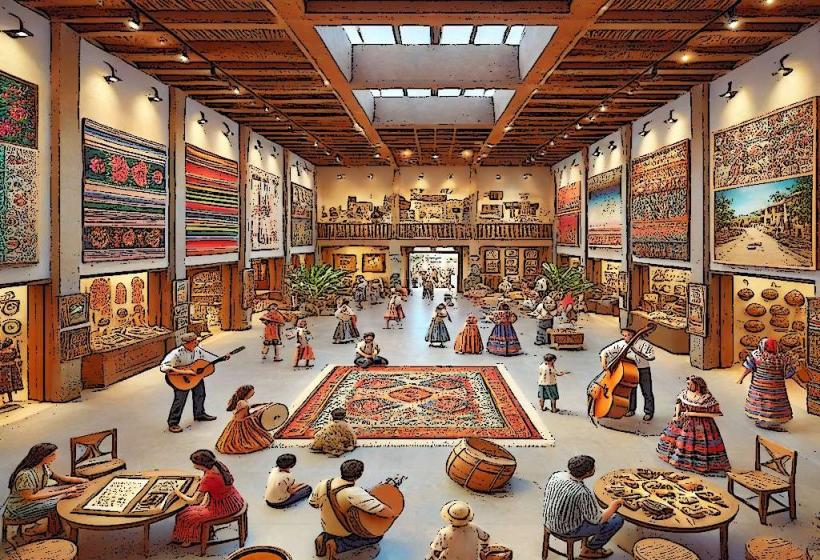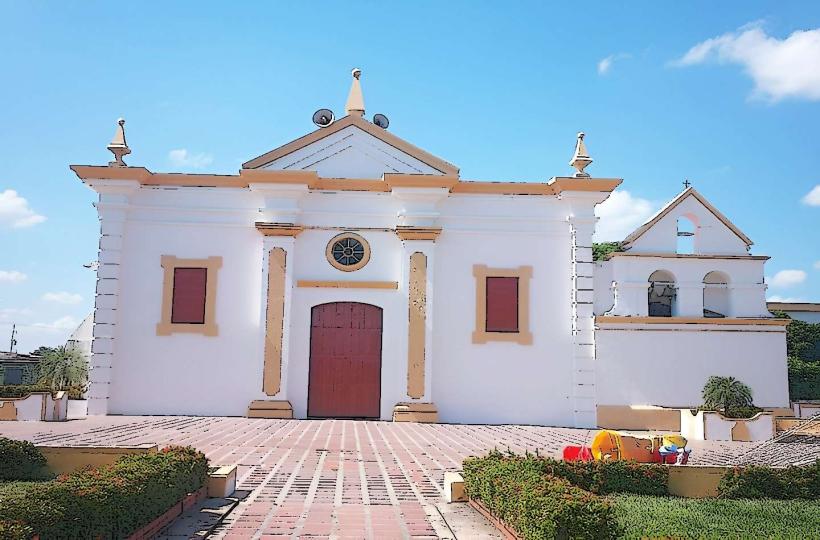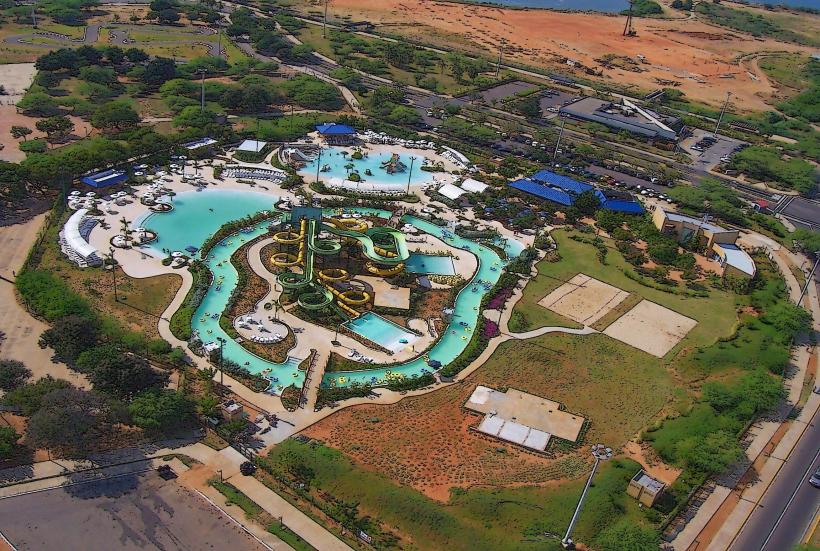Information
Landmark: Museo del MarCity: Zulia
Country: Venezuela
Continent: South America
Museo del Mar, Zulia, Venezuela, South America
Museo del Mar (Sea Museum) is a museum dedicated to the maritime history and marine life of the region, specifically in Maracaibo, Zulia State, Venezuela. It provides visitors with an insight into the cultural and ecological significance of the Caribbean Sea and Lake Maracaibo, exploring the relationship between the people of the region and the water bodies that have played a central role in their lives for centuries.
Historical Background and Purpose
Foundation and Mission: The Museo del Mar was founded to preserve and showcase the historical, cultural, and ecological aspects of the sea and the surrounding bodies of water in the region. Its main goal is to educate the public about the importance of maritime heritage, fisheries, navigation, and the preservation of marine ecosystems.
Cultural Significance: The museum plays a role in highlighting the local maritime traditions, the historical connection between the people of Maracaibo and the Caribbean Sea, as well as the role of Lake Maracaibo as one of the largest lakes in the world and a critical waterway for the region.
Exhibits and Collections
The museum houses a wide variety of exhibits related to marine life, nautical history, and the relationship between the people of Maracaibo and their surrounding waters.
Marine Life Exhibits: One of the primary focuses of the museum is to showcase the diversity of marine life found in the Caribbean Sea and Lake Maracaibo. These exhibits include:
Aquatic species such as fish, marine mammals, and sea turtles, as well as invertebrates like crabs and shellfish.
Coral reefs and ecosystems specific to the region are also featured, with displays highlighting the importance of these environments for the local economy and biodiversity.
Nautical History: The museum has a rich collection of artifacts related to the region's maritime past. These include:
Historical maps and navigation tools, showcasing the early exploration of the region by European sailors.
Model ships and sailing vessels, which reflect the evolution of maritime technology and the importance of boats in transportation, trade, and fishing.
Exhibits related to fishing traditions in Lake Maracaibo and the historical importance of sailing in Venezuela’s history.
Cultural Connections: The museum also reflects the deep cultural ties the people of the region have with the sea. Exhibits explore:
The folk traditions and rituals related to maritime life, including festivals and music inspired by the sea.
The role of maritime labor in the region’s economy, with a focus on the fishing industry and the use of boats and nets.
Conservation Efforts: The museum emphasizes the need for marine conservation, with sections dedicated to the threats faced by marine ecosystems, including overfishing, pollution, and the impact of climate change on local marine life.
Educational Programs
The Museo del Mar is not just a place for viewing exhibits but also a center for educational outreach. The museum offers:
Workshops and programs for children and students, designed to teach them about marine biology, sustainability, and the importance of protecting marine environments.
Interactive exhibits and guided tours that provide deeper insight into the marine ecosystems of the region and the ways in which local communities have historically interacted with the sea and lake.
Tourist and Visitor Experience
Location: Situated in the heart of Maracaibo, the Museo del Mar is easily accessible to both locals and tourists. Its location allows visitors to explore the cultural and historical importance of the sea while also enjoying the beautiful landscapes around the city.
Atmosphere: The museum is designed to be an interactive space where visitors can learn about the seas and lakes in a way that is both informative and engaging. The combination of hands-on exhibits, audio-visual presentations, and live displays makes it a unique cultural experience for people of all ages.
Events and Exhibitions: The museum frequently hosts temporary exhibits, special events, and public programs that celebrate maritime traditions, such as boat festivals or marine life awareness days.
Cultural and Ecological Importance
The Museo del Mar plays a significant role in educating the public about the importance of the Caribbean Sea and Lake Maracaibo. It promotes awareness of the delicate balance between human activity and the environment, advocating for the protection of marine ecosystems while celebrating the rich maritime history of the region.
By educating visitors about the marine biodiversity and historical maritime practices, the museum encourages sustainable practices that support both local economies and the preservation of natural resources.
Conclusion
Museo del Mar in Maracaibo is a key cultural institution that highlights the importance of the Caribbean Sea and Lake Maracaibo to Venezuela’s history, culture, and ecology. Through its diverse exhibits and educational programs, the museum provides visitors with a deeper understanding of the region's maritime heritage, the biodiversity of the region's waters, and the ongoing need for marine conservation. It is a must-visit destination for anyone interested in the history of Venezuela, marine life, and the cultural heritage of Zulia State.

